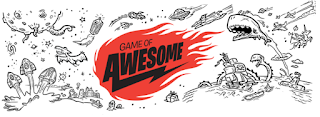What are the priorities for my target learners? How are they going in relation to these priorities?
Scanning: Target students are not able to identify what they need to be able to improve their learning.
Focusing: I would like my students to focus on setting goals within the writing curriculum to improve their output quality.
Inquiry Question: Will using goal setting strategies with my target writers make them able to choose sensible ‘next’ steps. How will the goal-setting look? What resources will I need to support these students to set SMART goals?
Developing a hunch:
I will need to
- Unpack Level 3 of the New Zealand writing expectations with my students.
- Provide exemplars of what each of the expectations looks like within level 3.
- Unpack students writing, and identify which areas they need to improve on.
- Encourage students to order their areas of improvement, starting with areas that will make the most impact on their writing.
What do I need to know/learn in order to effectively respond to these priorities?
- Expectations of Level 3 writing
- Exemplars of level 3 writing
- How to set SMART goals with students
- How to unpack the literacy progressions into kids speak with the students.
Therefore what are my development goals?
Taking action:
- Find ‘kid-speak’ level 3 learning outcomes.
- Display their goals on pencils.
- Kid speak writing progressions from TKI
- Find professional readings about improving writing outcomes through goal setting.




